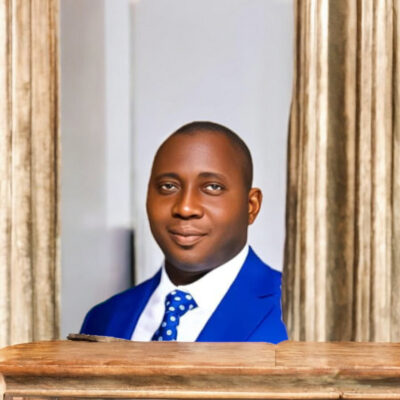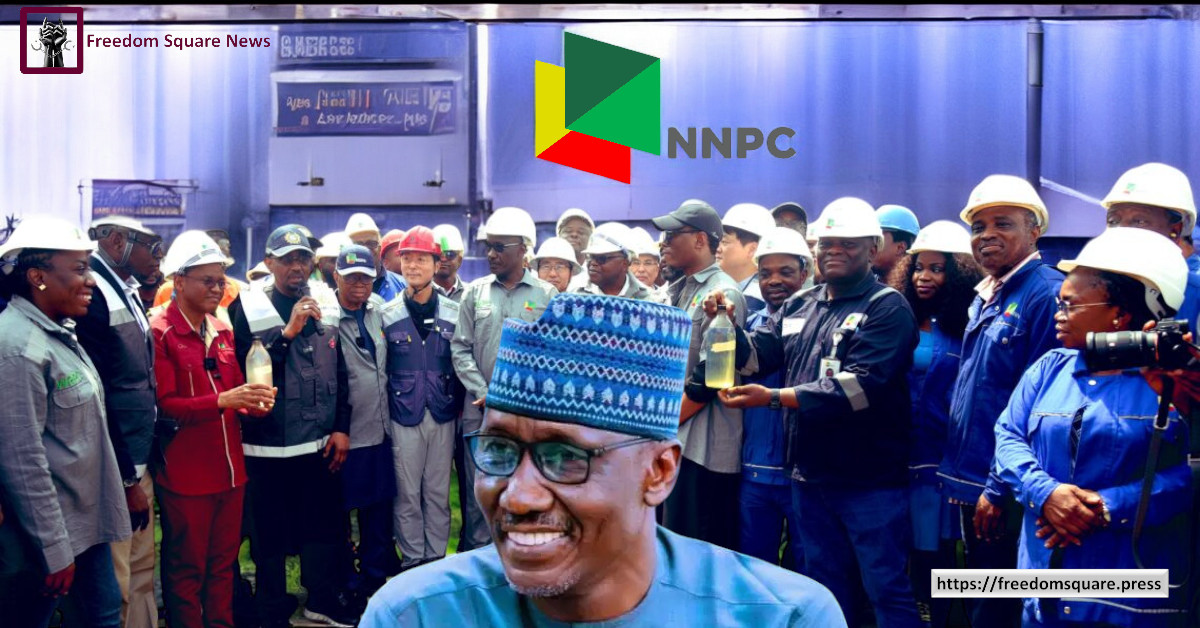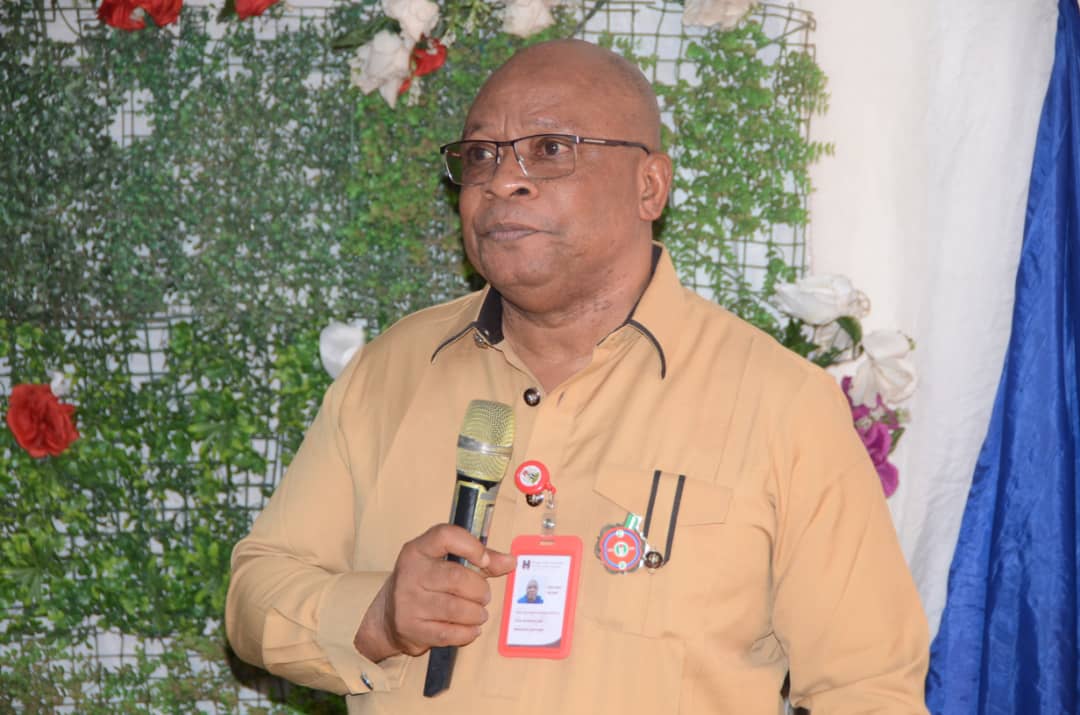In an ongoing battle over Nigeria’s minimum wage, the Federal Government has increased its offer to ₦62,000, a slight raise from the previous ₦60,000 proposal. However, this remains far below the ₦250,000 demanded by organized Labour, down from their initial ₦494,000 demand.
The contentious negotiations have been a point of significant debate and public interest, highlighting the stark differences between government and labor expectations.
After several months of discussions, the tripartite committee, consisting of representatives from the Federal Government, organized labor, and the private sector, has finalized its recommendations for a new minimum wage. President Bola Tinubu is expected to receive these recommendations and subsequently forward an executive bill to the National Assembly for legislative consideration.

The current minimum wage in Nigeria stands at ₦30,000, a figure all parties agree is unsustainable given the country’s economic conditions. However, reaching a consensus on a new minimum wage has proven challenging. Organized labor’s initial demand of ₦494,000 was deemed exorbitant by both the government and the private sector, who countered with a much lower offer, leading to prolonged negotiations.
Following an ultimatum issued by the labor ministry that expired on May 31, unions initiated a strike on June 3, resulting in widespread disruptions. The strike was temporarily suspended when the Federal Government committed to proposing a minimum wage exceeding ₦60,000. Despite this gesture, the recent offer of ₦62,000 remains contentious, with labor leaders expressing dissatisfaction.
Festus Osifo, President of the Trade Union Congress (TUC), emphasized the need for a substantial increase in wages, dismissing minor incremental proposals. “The tripartite committee stated at the Friday meeting that they would not add anything more to the ₦60,000, but Mr. President was able to commit to doing what is more than ₦60,000 at the meeting yesterday (Monday),” Osifo stated on Channels Television’s Politics Today program.
- Super Eagles Will Rebound, Says Finidi, Despite Continued Winless Run
- ACE-SPED Core edifice inaugurated at UNN
- Tariff Increase: Court Fines MultiChoice ₦150m, Orders Free Subscription for All Nigerians
- Don identifies teenage pregnancy as leading cause of maternal, child mortality
- House of Representatives Approves Bill for Creation of Orlu State
- Nigeria Launches N75,000 Cash Transfers for 15 Million Households
The state governors have also voiced concerns, declaring that even the Federal Government’s ₦60,000 proposal is unworkable and unsustainable. According to Halima Ahmed, the Forum’s Acting Director of Media Affairs and Public Relations, many states would exhaust their monthly allocations from the federation account solely on salary payments if such a wage hike were implemented.
“The governors urged the tripartite committee members to reach a consensus on a minimum wage that would be equitable and long-term,” Ahmed stated. The challenge lies in finding a balance between fair compensation for workers and financial sustainability for state governments.
As the tripartite committee’s work concludes, the spotlight now shifts to President Tinubu and the National Assembly. The path to a new minimum wage will require careful navigation of the economic realities and the pressing demands of Nigeria’s workforce. The outcome of these deliberations will have far-reaching implications for the nation’s economy and the livelihoods of its citizens.



